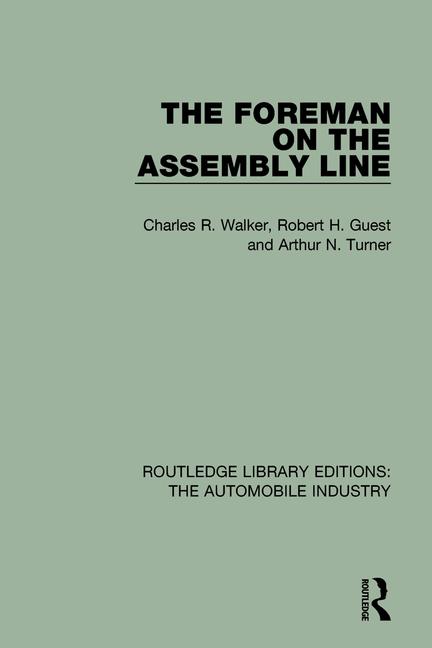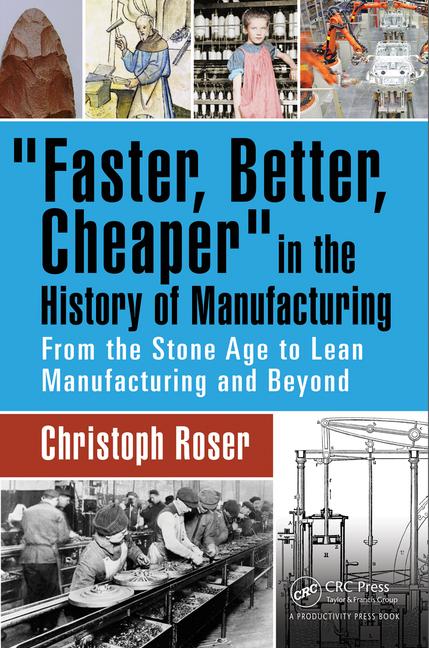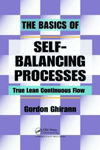One guaranteed way to launch a “spirited discussion” among engineers and scientists is to assert either there aren’t enough of them because our schools are failing, or there are too many, which is depressing the job market.
At one point in his presidency Harry Truman, frustrated by conflicting reports about the nation’s economic health, allegedly remarked that he would prefer to hear only from one-armed economists. Asked why, he said then they won’t be able to tell me well, on the one hand things are great, but on the other hand things look pretty dismal. We’re reminded of this by the disagreement over whether there is a shortage-or a glut-of scientists and engineers here in the United States.
The “conventional wisdom” for some time has been the former, and that this shortage of engineers and scientists threatens U.S. competitiveness. This has led to calls for more teachers, higher pay for teachers, and more government (taxpayer) support for engineering and science programs from high school through Ph.D. programs.
In sharp contrast, Michael S. Teitelbaum, vice president of the Alfred P. Sloan Foundation (New York), said recently that federal money pumped into university science departments has created an oversupply of scientists and engineers. He cited a research project carried out by The Urban Institute, a Washington-based think tank, and funded by the Alfred P. Sloan and National Science Foundations. The project report is titled “Into the Eye of the Storm: Assessing the Evidence on Science and Engineering Education, Quality and Workforce Demand.” You can find it atwww.urban.org.
The authors, B. Lindsay Lowell, Georgetown University, and Hal Salzman, The Urban Institute, conclude that math, science and reading test scores for U.S. students at the primary and secondary levels have increased over the past two decades. Furthermore, they find that our educational system produces more science and engineering graduates than the market demands. They caution, however, that despite American students' impressive standing overall, the low performance of the least-skilled students should be of great concern to policymakers.
Vivek Wadhwa, Wertheim Fellow at the Harvard Law School and executive in residence at Duke University, recently reviewed this report in his column inBusiness Week. Predictably, it provoked a deluge of comments both favorable and not; more than 200 have been posted on the magazine’s website already. You can find the column and the comments atwww.businessweek.com, under small business policy. The comments alone are well worth your time!
As is often the case, whether one position or the other can be “proven” depends a great deal on what one is willing to accept as evidence, and in this case, on one’s particular position in the workforce. Given the seriousness of such a controversial issue, we’d like to hear where you stand and what your experience has been. Has it been easy or difficult to find a job? Do we have too many engineers or not enough? Write to us atheglandd@bnpmedia.com; we’ll publish some of the responses early next year.



